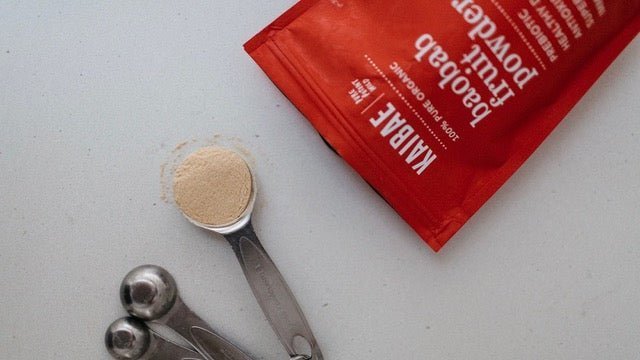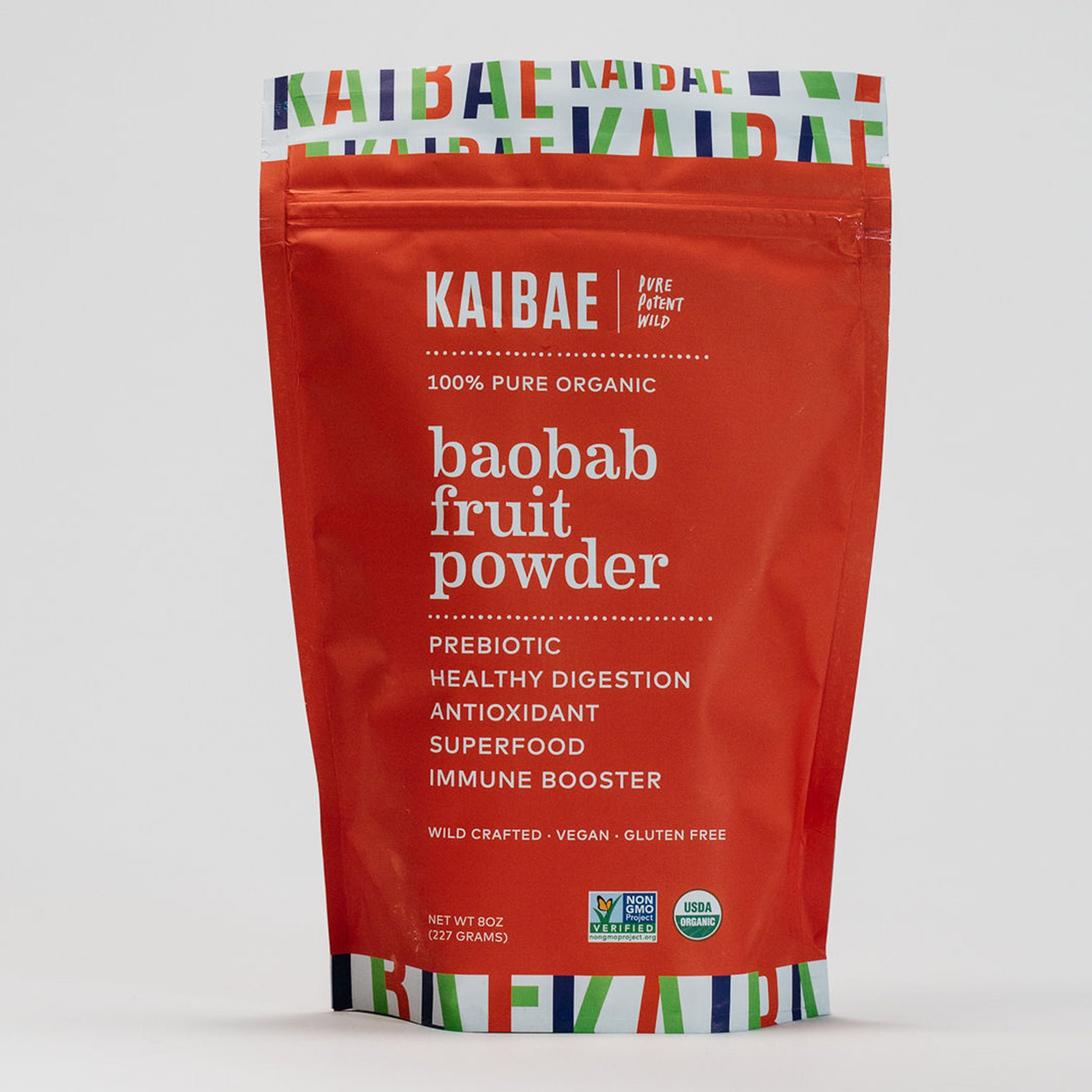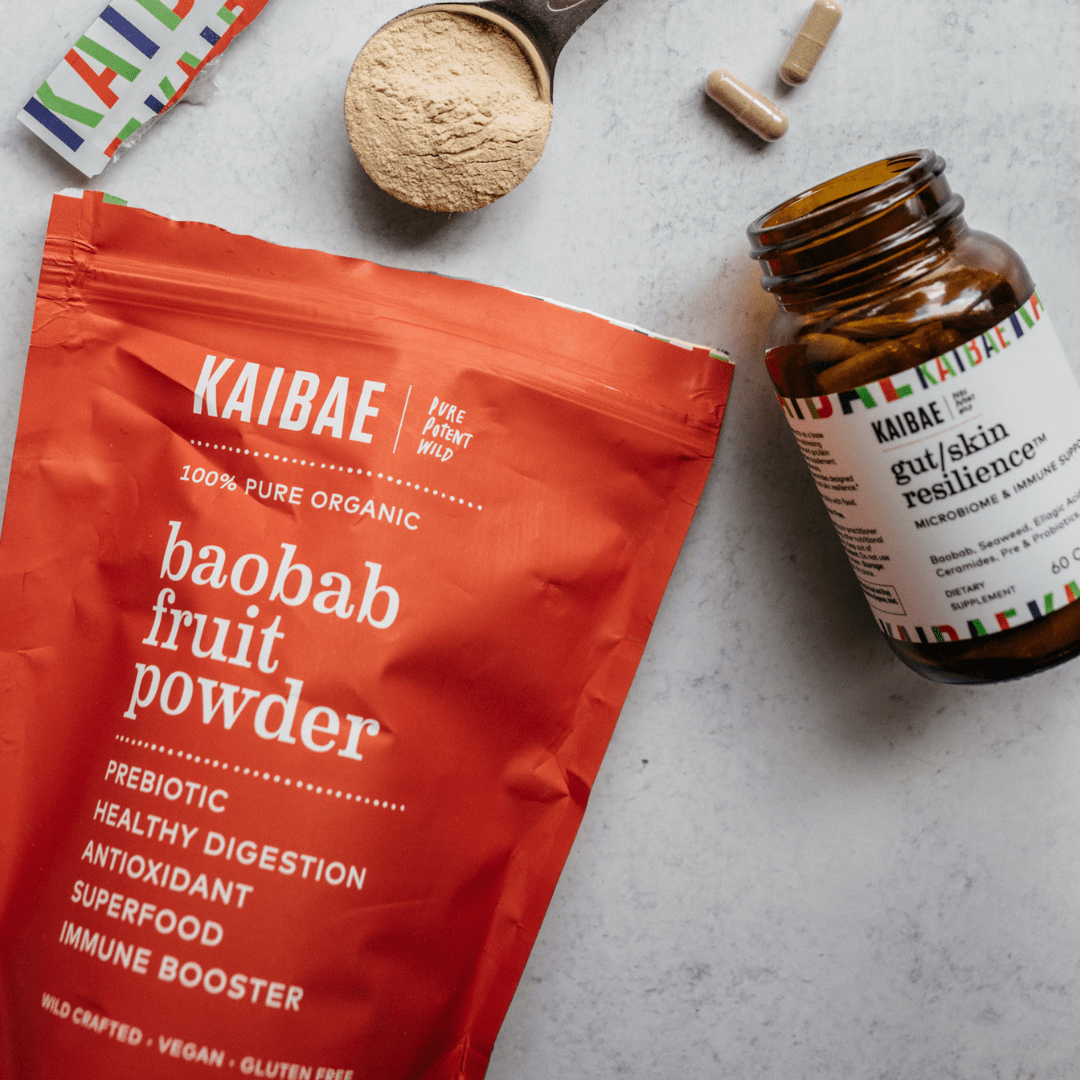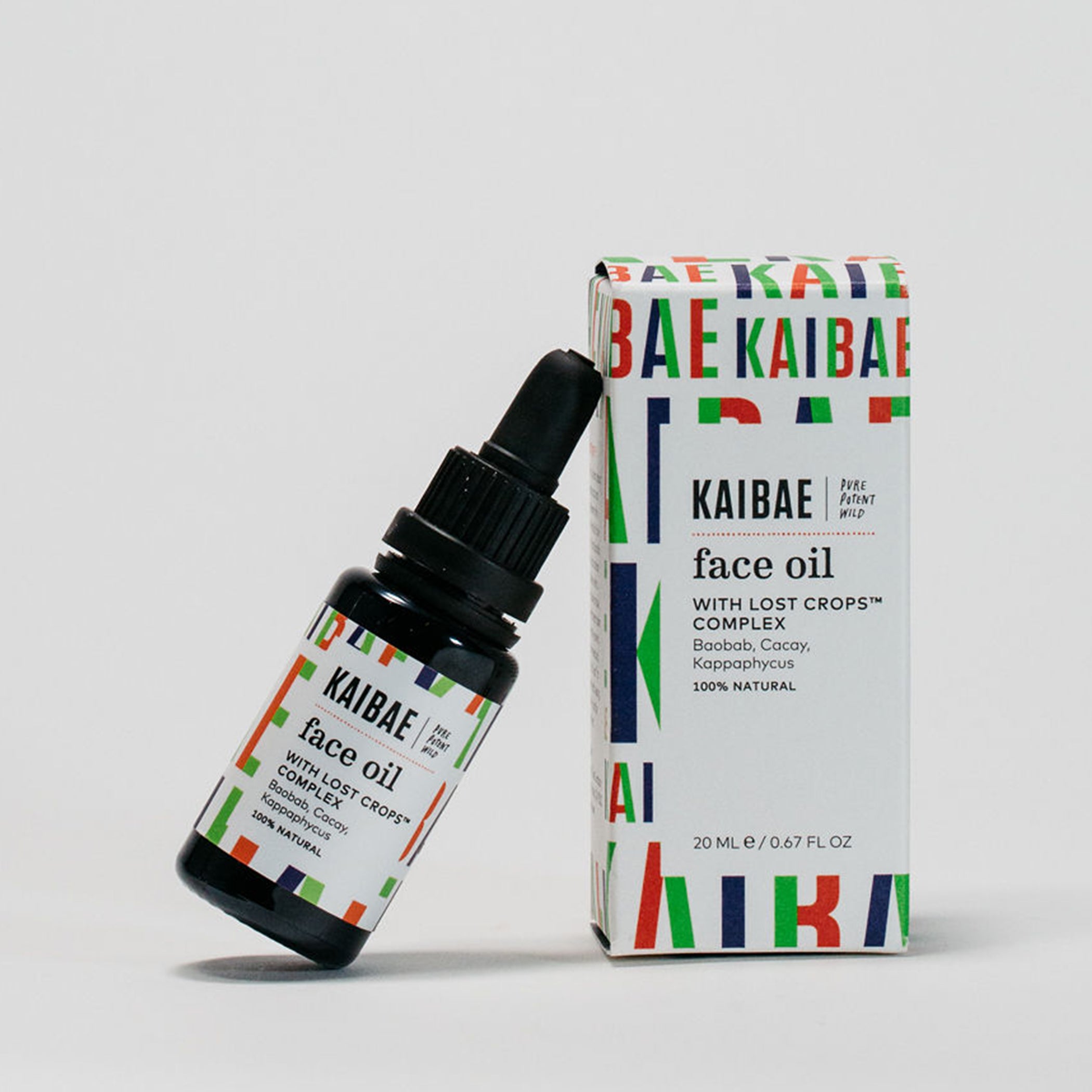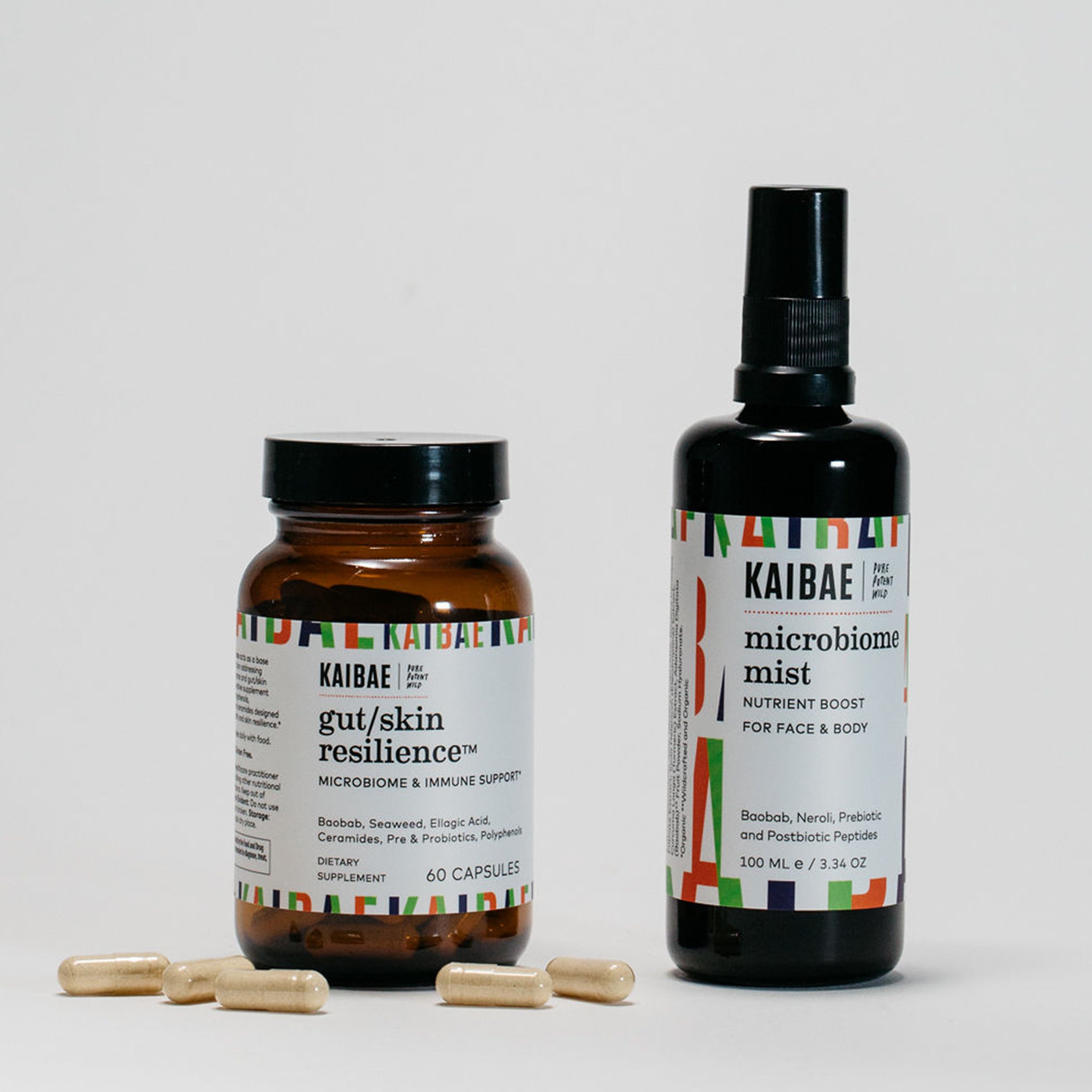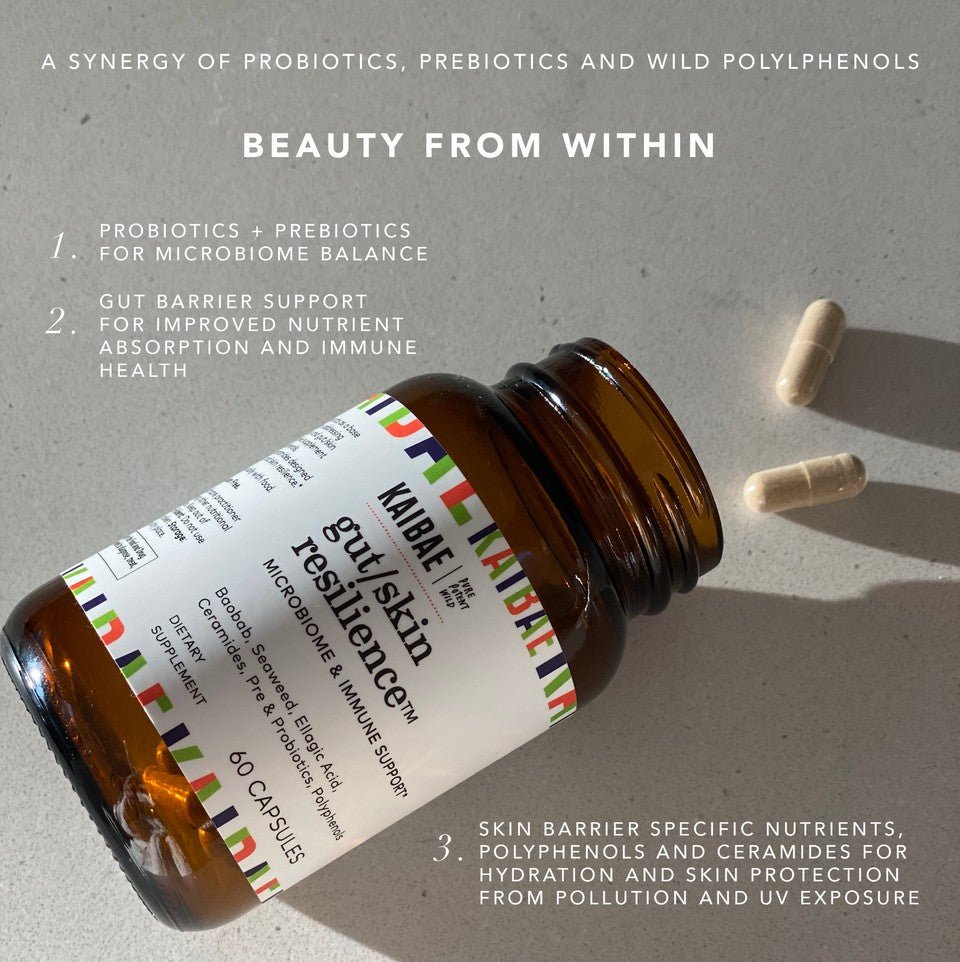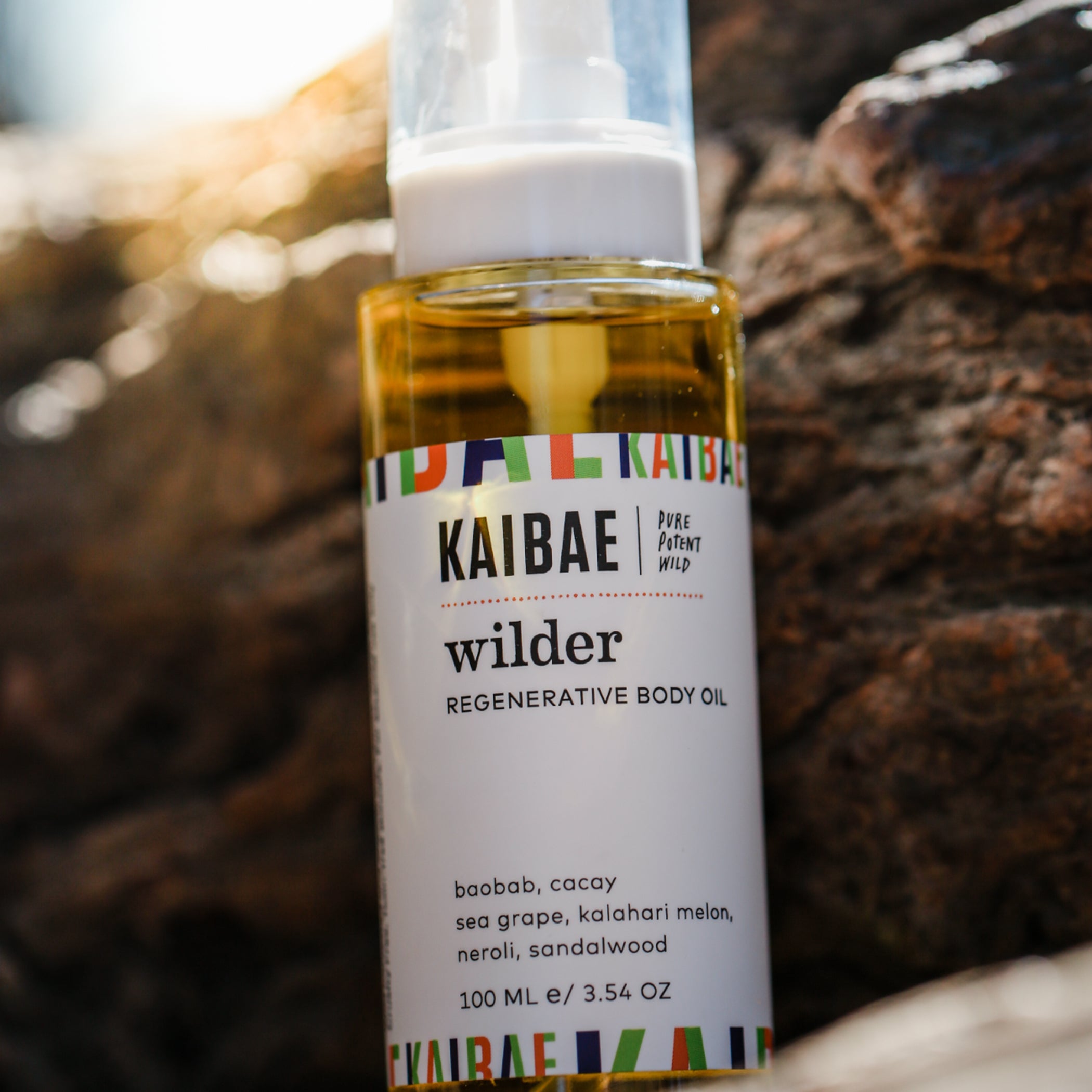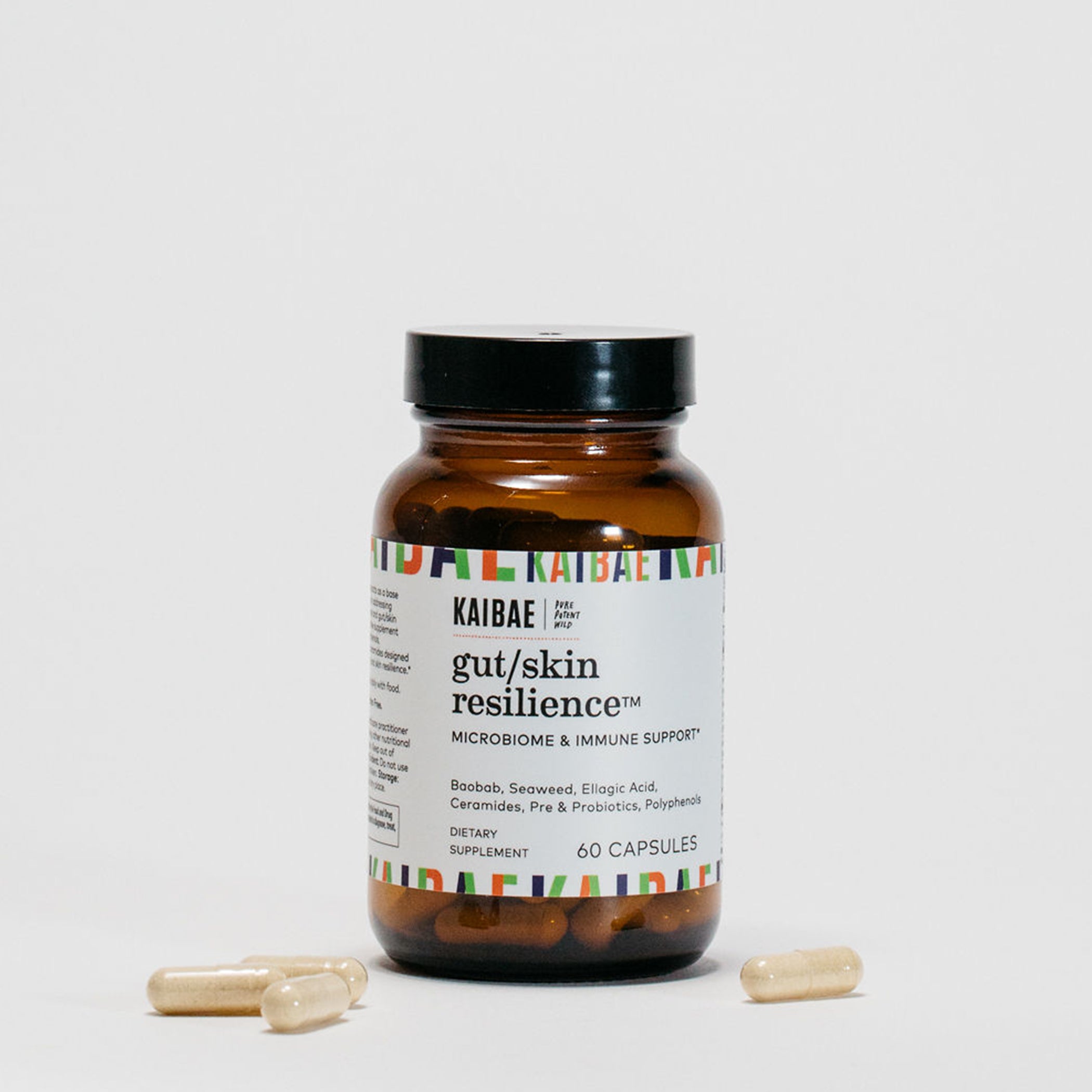How Does the Gut Microbiome Affect Your Health?
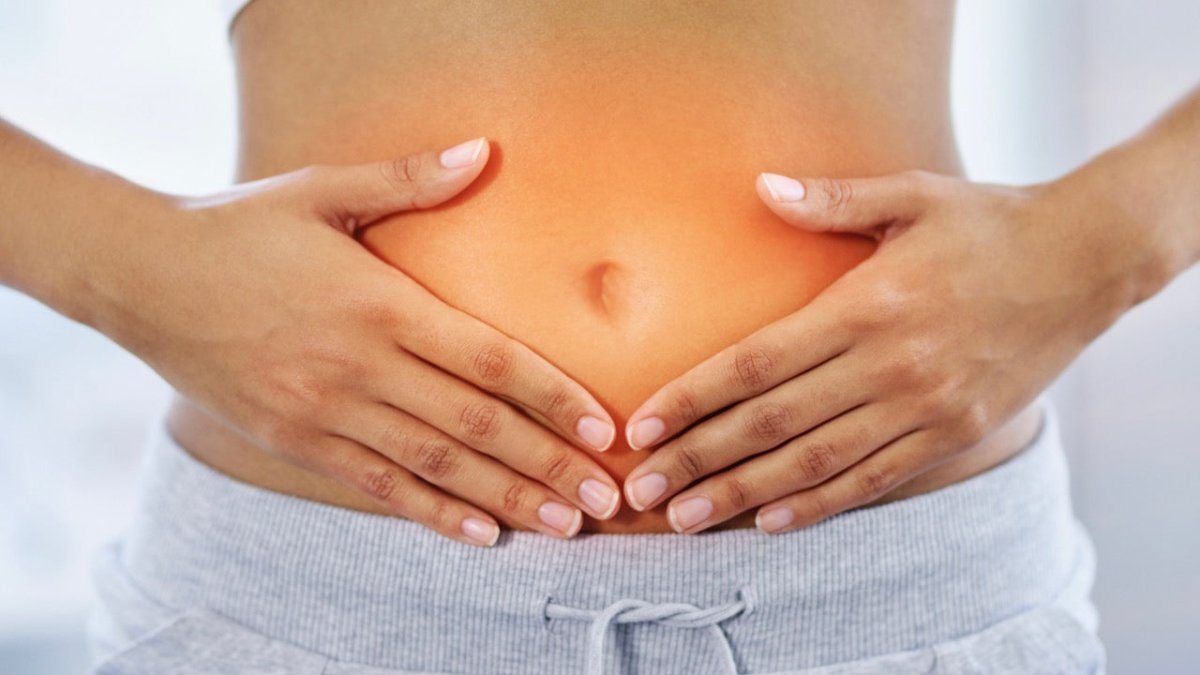
The gut microbiome is an ecosystem of trillions of microbes that includes bacteria, viruses, and fungi. A healthy balance is essential to our health as the microbiome serves as an interface between our environment and our immune system, translating what happens around us to every cell in our body.

The gut microbiome begins early in life.
The gut microbiome takes shape at the beginning of life when breastfeeding promotes beneficial bacteria such as Bifidobacter and Lactobacillus. Breast milk is rich in prebiotic oligosaccharides that promote beneficial bacteria and inhibit the growth of harmful pathogens in the gut. According to health experts breastfeeding is the healthiest option for both mom and baby.
A healthy gut microbiome through breastfeeding has long-term health benefits, reducing the risk of developing allergies, asthma, obesity, and other chronic conditions later in life.

The gut microbiome changes with age
The gut microbiome impacts our overall health and gradually declines as we age. These changes accelerate when influenced by environmental pollution, poor dietary choices, lifestyle, and exercise. Beneficial bacteria such as Bifidobacteria often decrease, while the growth of harmful bacteria weakens our immune resilience and increases susceptibility to disease. The gut microbiome balance modulates healthy aging.

How does the gut microbiome keep you healthy?
Digestion
Microorganisms break down complex carbohydrates, fibers, and other substances that the human digestive enzymes cannot process alone. They produce short-chain fatty acids butyrate, propionate, and acetate, metabolites that reduce inflammation and promote energy production. A healthy gut microbiome supports a healthy weight and improves appetite control.
Immune system
The gut contains up to 70% of all your immune system. A balanced gut microbiome helps to regulate immune responses and maintain a balance between pro-inflammatory and anti-inflammatory messengers. Chronic inflammation promotes DNA damage and chronic diseases such as cancer, diabetes, metabolic syndrome, and autoimmune disease. Short-chain fatty acids appear to suppress these types of inflammatory reactions.
Metabolism
Microorganisms in the gut synthesize vitamins such as vitamin K and most B vitamins, such as biotin, cobalamin, folic acid, nicotinic acid, pantothenic acid, pyridoxine, riboflavin, and thiamine. Neurotransmitters GABA and serotonin are produced in the gut and contribute to our emotional well-being. Hormone metabolism influenced by the gut microbiome with micro organisms determines the elimination and reabsorption of hormones.
How does gut microbiome imbalance affect my health?
Dysbiosis means that you have a gut microbiome that is out of balance, a reduced amount of healthy bacteria, an overgrowth of harmful bacteria, and an overall loss of diversity. Dysbiosis affects our health on a physical, mental, and emotional level.
Gut Health
An imbalance in the gut microbiome is associated with conditions like food intolerances and sensitivities, irritable bowel syndrome, inflammatory bowel disease, and infections such as SIBO, ulcerative colitis, and Crohn’s Disease. Symptoms may include bloating, gas, diarrhea, constipation, abdominal pain, cramping, and difficulty digesting certain foods.
Metabolic Health
Dysbiosis promotes metabolic disorders such as obesity, type 2 diabetes, and non-alcoholic fatty liver disease. Symptoms may include chronic fatigue and low energy, weakness, and nausea.
Brain Health
Emerging research suggests a connection between the gut microbiome and the brain, known as the gut-brain axis, which may influence mood and behavior. including depression and anxiety. Poor sleep quality, poor concentration, and memory problems can result from poor gut health.
Immune Disorders
An imbalanced microbiome may contribute to recurrent infections and autoimmune diseases such as rheumatoid arthritis, lupus, or multiple sclerosis.
Skin conditions
Poor dietary choices and a stressful lifestyle can influence the gut microbiome to produce metabolites that circulate throughout the body and immediately impact the appearance of the skin. Research shows that gut imbalances are at the root of acne, psoriasis, and atopic dermatitis
What disrupts the gut microbiome?
Losing diversity in the gut microbiome is observed with many diseases that are on the increase in our modern western society.
- Medications such as antibiotics, other medications like proton pump inhibitors (PPIs), nonsteroidal anti-inflammatory drugs (NSAIDs), and some antidepressants can alter the gut microbiome.
- Diet high in processed foods, sugars, and unhealthy fats cause inflammation
- Stress: Chronic stress affecting the gut-brain axis and gut barrier integrity
- Lifestyle Factors: Lack of sleep, excessive alcohol consumption, and smoking can negatively affect the gut microbiome.
- Environmental Toxins: Exposure to pesticides, heavy metals, and other environmental toxins can harm the gut microbiome.
How do I take care of my gut microbiome?
The best way to support your gut microbiome health is to improve your diet and increase foods that are rich in fiber. Start by adding prebiotic fiber to your diet before taking probiotics because prebiotic fiber boosts the beneficial bacteria already present in your gut.
Diet
The Mediterranean diet, which emphasizes fruits, vegetables, whole grains, legumes, nuts, olive oil, and fish, and a low consumption of red meat and processed foods, has a positive impact on gut health.
The Mediterranean diet is also rich in polyphenols which enhance beneficial gut microbiota and improve gut barrier function.
Prebiotic Fiber
Prebiotic fiber plays a crucial role in maintaining a healthy gut microbiome and overall health. Including a variety of prebiotic-rich foods in your diet can support digestive health, boost immunity, and offer numerous other health benefits.
- Inulin is found in foods like chicory root, garlic, onions, leeks, asparagus, and bananas.
- Fructooligosaccharides : Present in many fruits and vegetables, including bananas, onions, garlic, and asparagus.
- Galactooligosaccharides: Typically in dairy products.
- Resistant Starch: Found in foods like unripe bananas, potatoes, and legumes.
- Pectin oligosaccharides: Found in Baobab powder, apples and citrus fruits
Polyphenols
Polyphenols are plant compounds that have numerous health benefits from reducing inflammation and infection to preventing diabetes and cancer. Research now supports that fact that polyphenols also have prebiotic benefit to the gut. Cacao, green tea and especially baobab powder are exceptionally rich in polyphenols.
15 Amazing Health Benefits of Baobab Powder
Take away
The gut microbiome is important to many aspects of your health and especially the gut microbiome supports immune strength and helps with mood and a healthy weight. A healthy diet, prebiotic fiber such as Baobab are a great way to ensure a healthy gut microbiome for the whole family.




